
15 Best Tools for Keyword Research in 2025 - Free & Paid
Find the top keyword research tools of 2025, both free and paid, to boost your SEO and content strategy.
By Shishir
Published on
15 minutes
Table of Contents
Keyword research is the backbone of any successful SEO strategy.
It’s how you discover what your audience is searching for and how you can create content that meets their needs.
In this blog, I’ll walk you through the best keyword research tools in 2025, with a special focus on Searchlens, a game-changer in the SEO world.
Whether you’re a beginner or a seasoned pro, these tools will help you uncover low-competition keywords, analyze search trends, and create content that ranks.
Why Keyword Research Matters
Before we dive into the tools, let’s talk about why keyword research is so important.
Firstly, keywords reveal what your audience is searching for and the language they use.
Secondly, the right keywords bring visitors who are genuinely interested in your content.
By targeting less competitive keywords, you can rank higher without spending a fortune.

There are four factors, we rank or judge the performance of the keyword research tools below:
1. Search Volume Data
Search volume tells you how many times a keyword is searched each month. This helps you understand which topics are popular and worth targeting.
A high search volume means more potential traffic, but it also usually comes with more competition.
On the other hand, low search volume keywords may have less competition but might not bring in as much traffic.
A good keyword tool should show monthly search numbers, trends over time, and whether searches come from a specific country or worldwide.
2. Tools showing keyword difficulty scores
Keyword difficulty measures how hard it is to rank for a keyword based on competition.
A high difficulty score means that ranking for the keyword will be tough because many strong websites are already competing for it.
A low difficulty score suggests an easier opportunity to rank.
3. Provides long-Tail keyword suggestions
Long-tail keywords are longer, more specific phrases that usually have less competition but higher conversion rates.
Since these keywords match what people are actually searching for, they can attract more targeted visitors.
For example, instead of targeting "running shoes," a long-tail keyword like "best running shoes for flat feet" is more specific and easier to rank for.
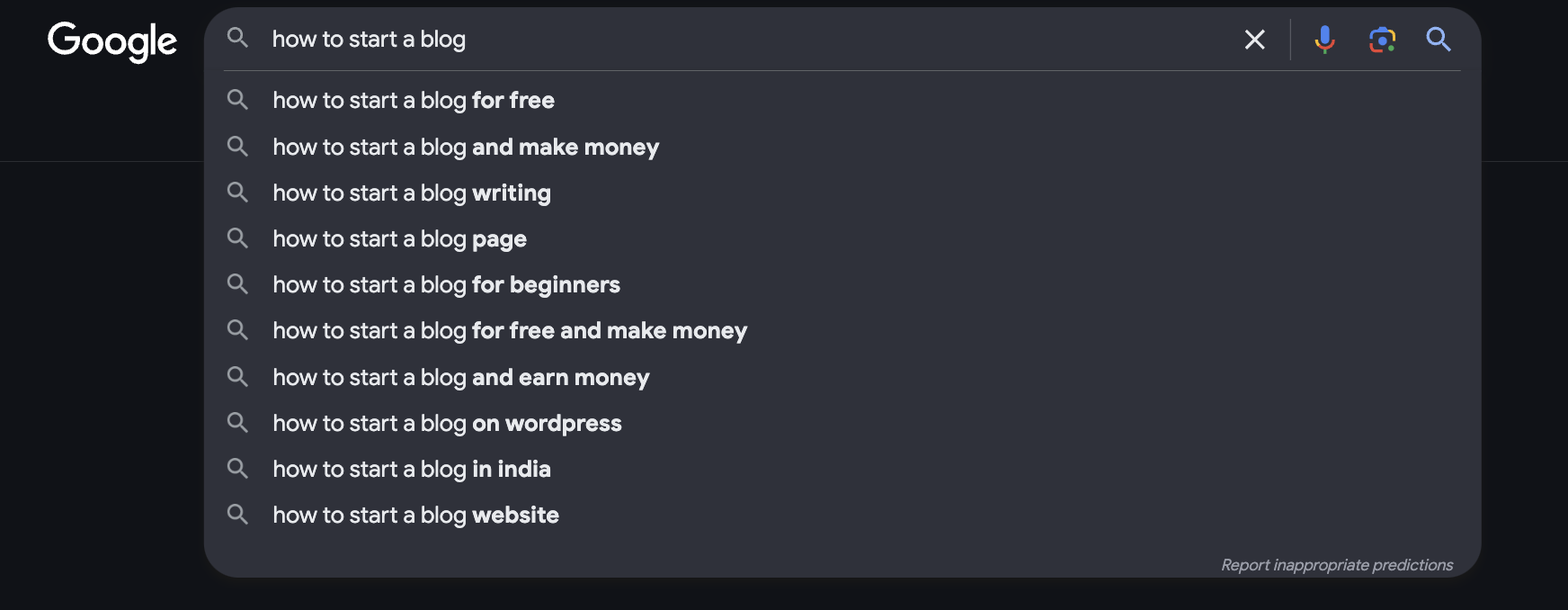
4. User-Friendly Interface
A clean and simple design makes research faster and more efficient, even for beginners.
If a tool is too complex, it can slow you down instead of helping you find the right keywords efficiently.
Now, let’s explore the tools that can help you achieve these goals.
15 Best Keyword Research Tools in 2025
1. Searchlens
Searchlens is my top recommendation for keyword research in 2025. It’s a powerful tool for long-tail keyword suggestions, topics and phrases, live from top search engines like Google, Youtube and Amazon.
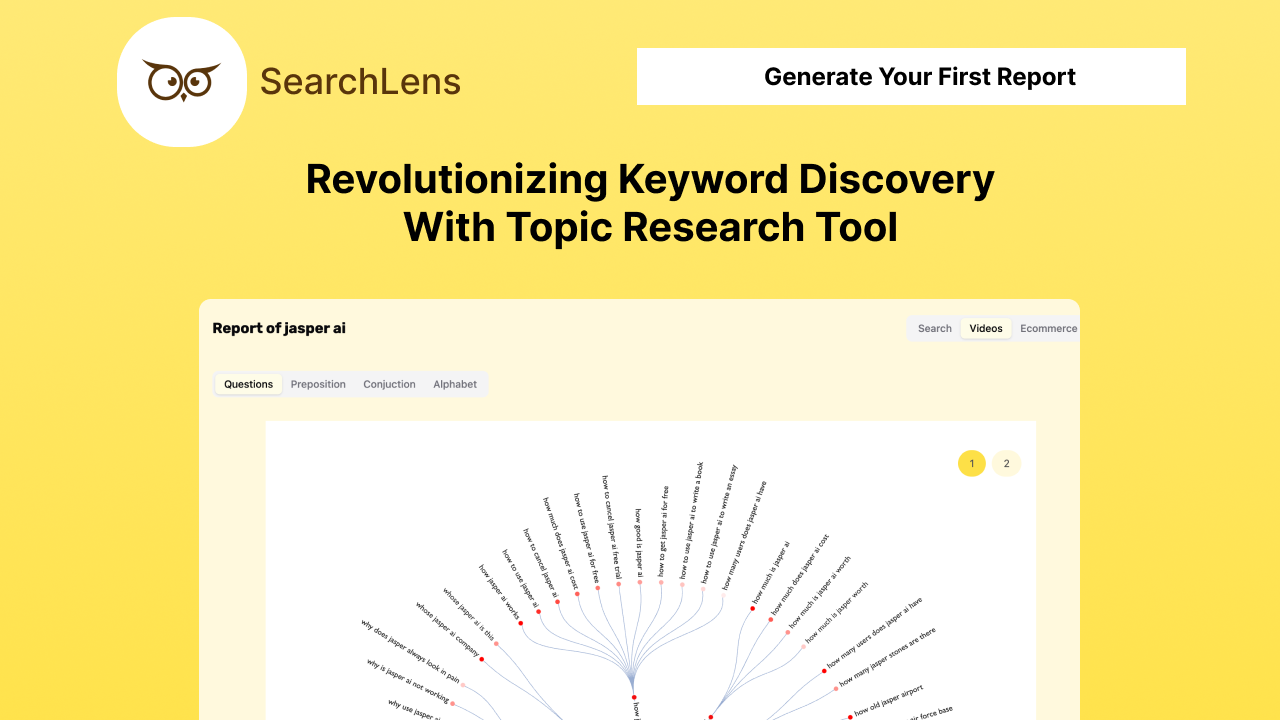
- Key Features:
- Advanced keyword difficulty analysis.
- Long-tail keyword suggestions.
- Competitor keyword tracking.
Why I Love It: It’s perfect for beginners and experts alike, offering actionable insights without overwhelming you with data.
How to Use It: Simply enter a seed keyword, and Searchlens will generate a list of related keywords along with their search volume and competition levels.
2. Google Keyword Planner
A classic tool that’s still going strong in 2025. Google Keyword Planner is free and provides reliable search volume data.
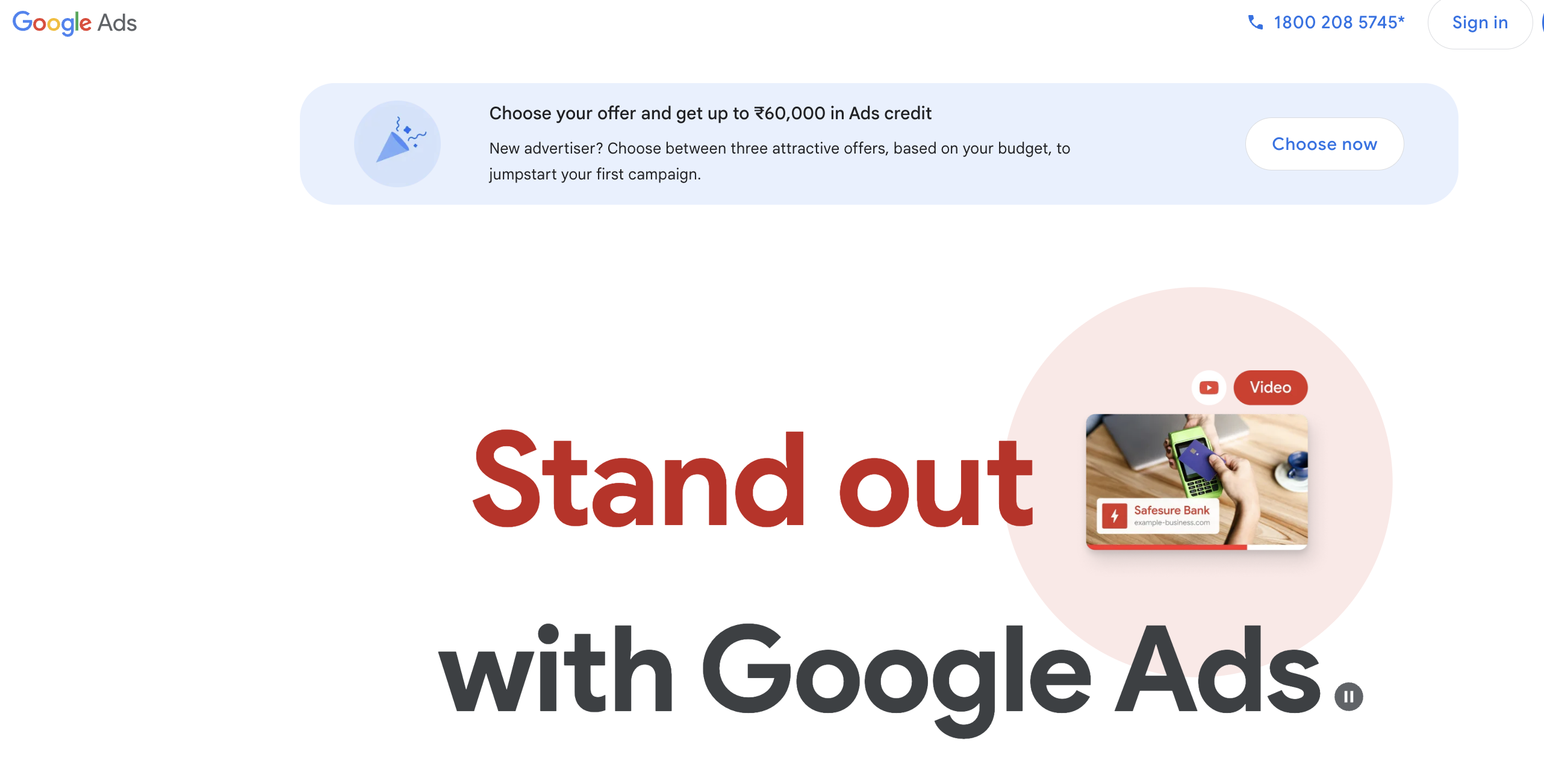
- Key Features:
- Search volume and trends.
- Keyword ideas based on your niche.
Best For: Beginners who want to get started with basic keyword research.
Explore Google Keyword Planner
3. Ubersuggest
Ubersuggest is a favorite among bloggers and small businesses. It’s easy to use and offers a wealth of data.
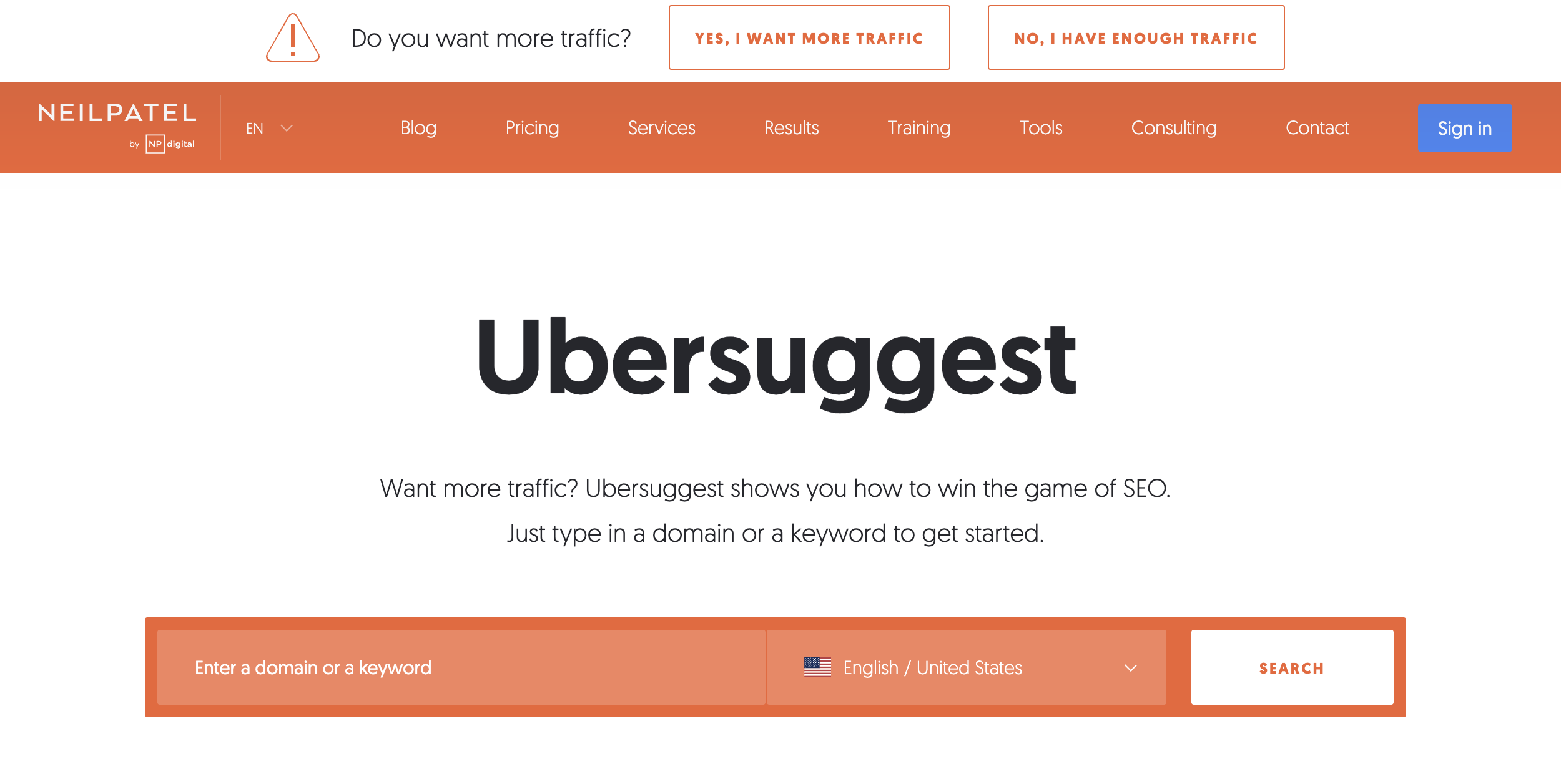
Key Features:
- Keyword difficulty scores.
- Content ideas based on top-performing pages.
Best For: Competitor analysis and finding content gaps.
4. AnswerThePublic
This tool is a goldmine for long-tail keywords and content ideas.
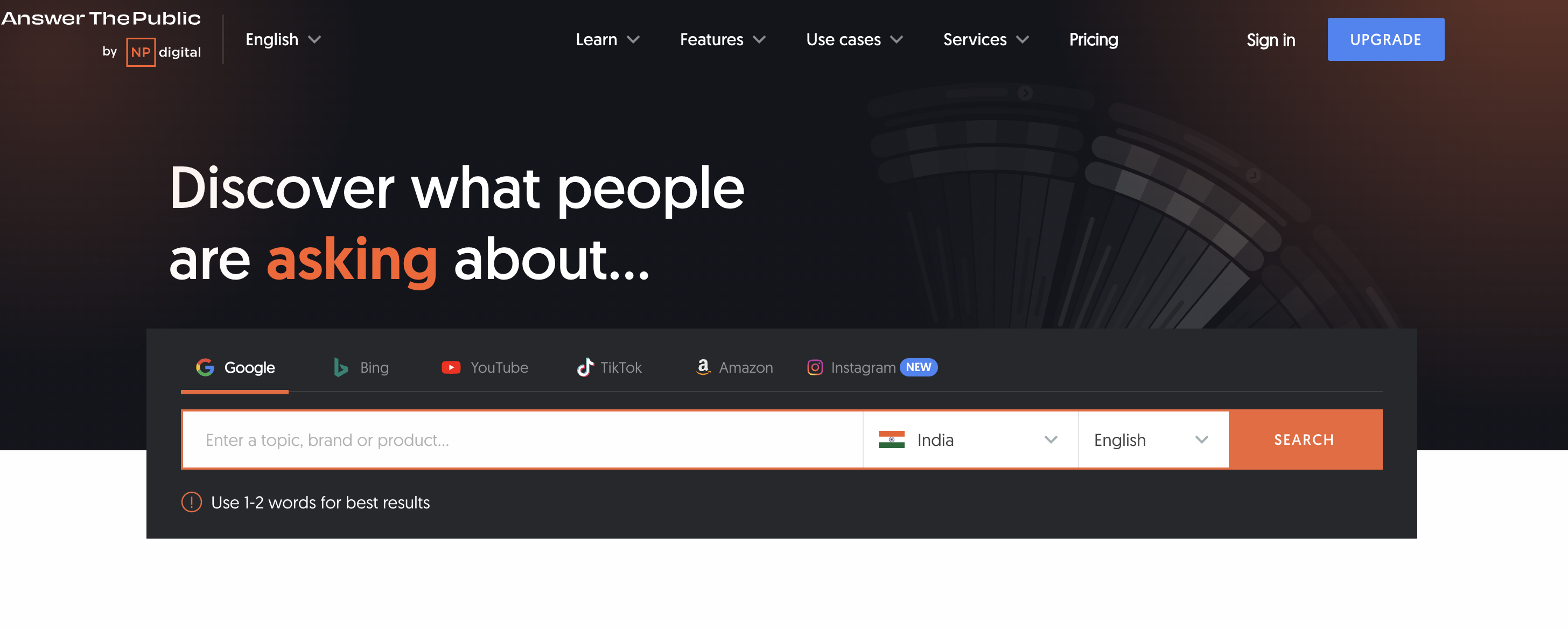
Key Features:
- Visualizes search questions and phrases.
- Helps you create content that answers real user queries.
Best For: Bloggers and content creators.
5. Keyword Tool.io
Keyword Tool.io uses Google Autocomplete to generate keyword ideas.
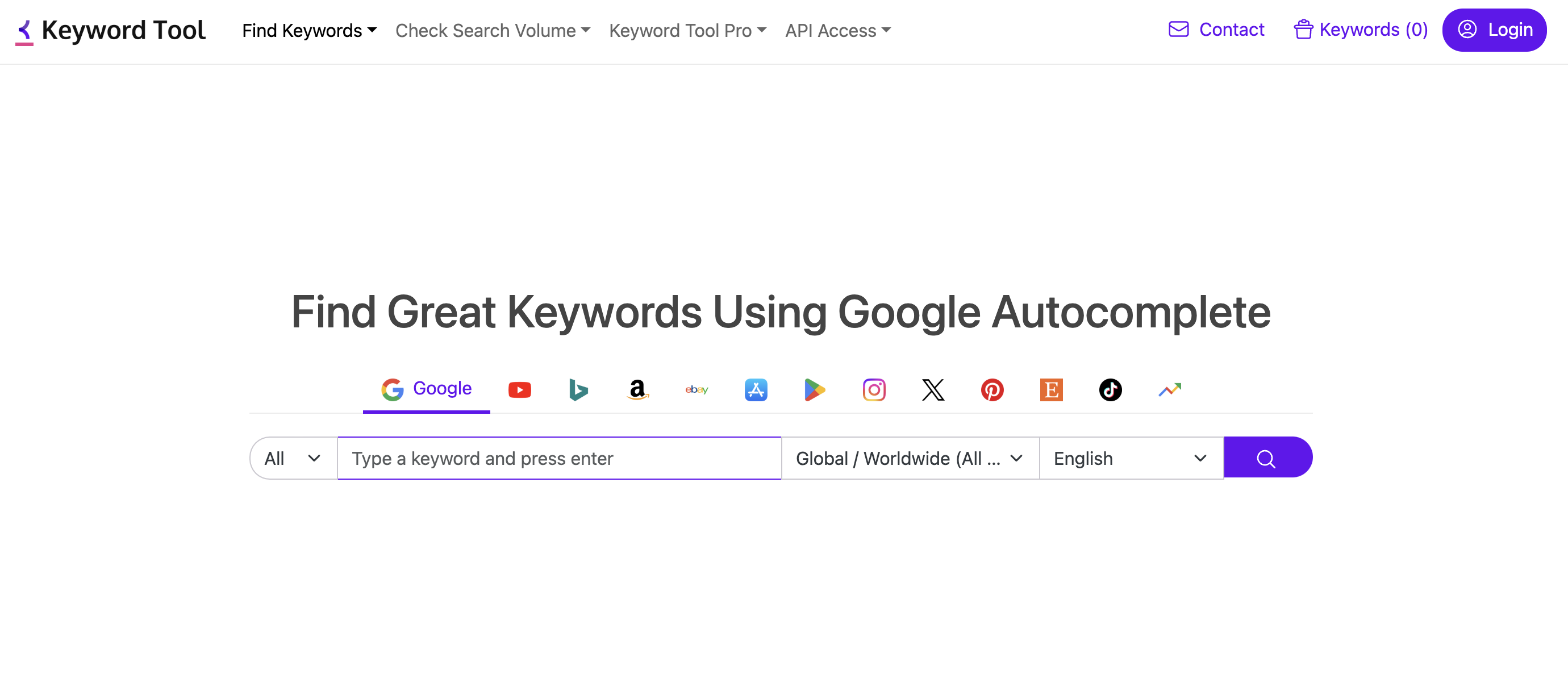
Key Features:
- Thousands of keyword suggestions.
- Works for Google, YouTube, Amazon, and more.
Best For: Multi-platform keyword research.
6. Soovle
Soovle pulls keyword suggestions from multiple platforms, including Google, YouTube, and Wikipedia.
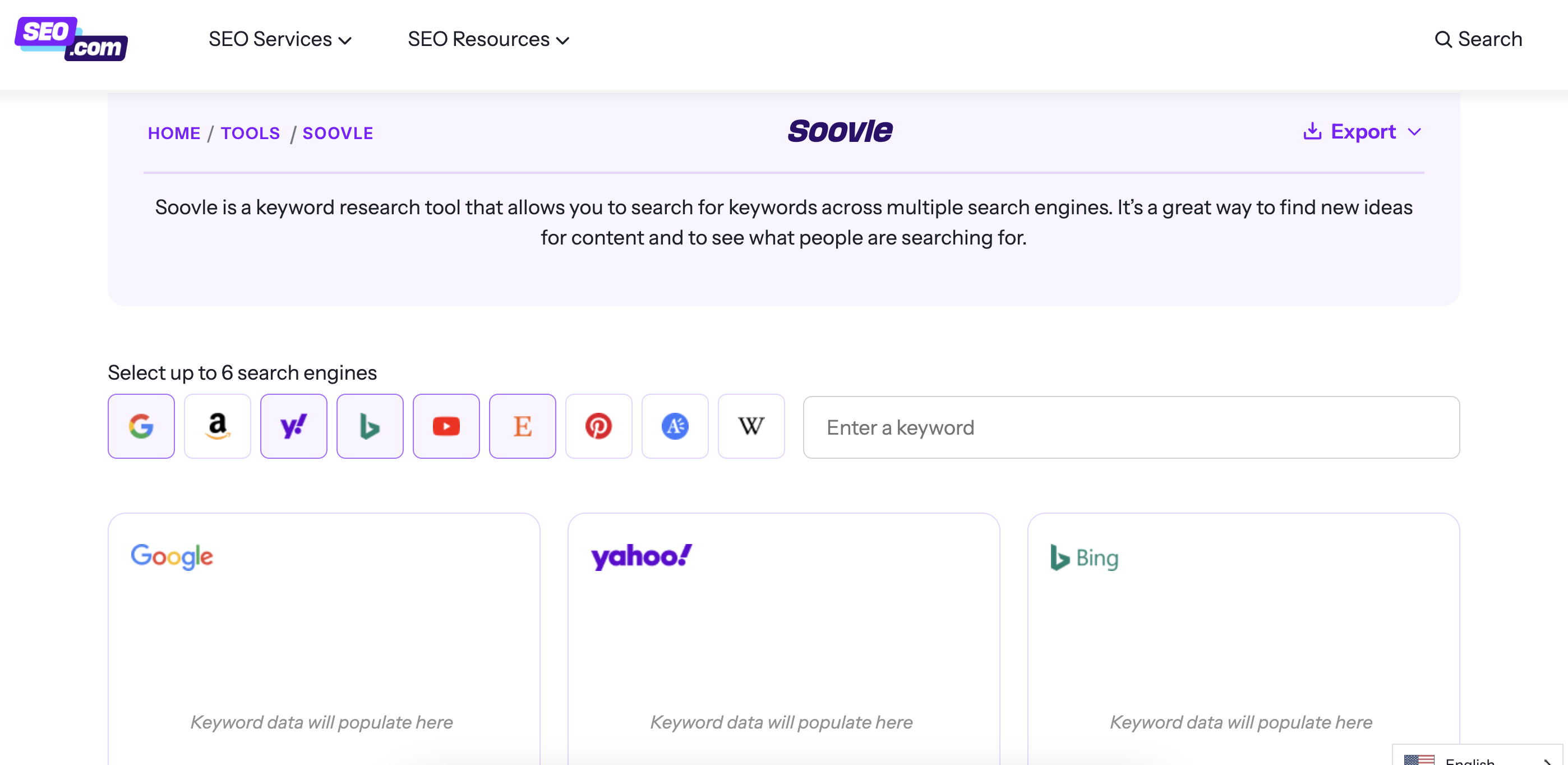
Key Features:
- Quick and easy to use.
- Great for brainstorming.
Best For: Finding keyword ideas across different platforms.
7. Google Trends
Google Trends helps you understand what’s trending in your niche.

Key Features:
- Real-time search trends.
- Geographic interest data.
Best For: Seasonal content and trending topics.
8. Keywords Everywhere
This browser extension shows keyword data directly in your search results.

Key Features:
- Search volume and CPC data.
- Works on Google, YouTube, and Amazon.
Best For: Quick keyword research on the go.
9. SEMrush
SEMrush offers a limited free version that’s packed with useful features.

Key Features:
- Keyword difficulty scores.
- Competitor analysis.
Best For: Advanced users who want a taste of premium tools.
10. Moz Keyword Explorer
Moz’s free version provides basic keyword data and suggestions.

Key Features:
- Keyword difficulty and opportunity scores.
- SERP analysis.
Best For: Beginners exploring SEO tools.
11. WordStream’s Free Keyword Tool
WordStream offers a simple, no-frills keyword tool.
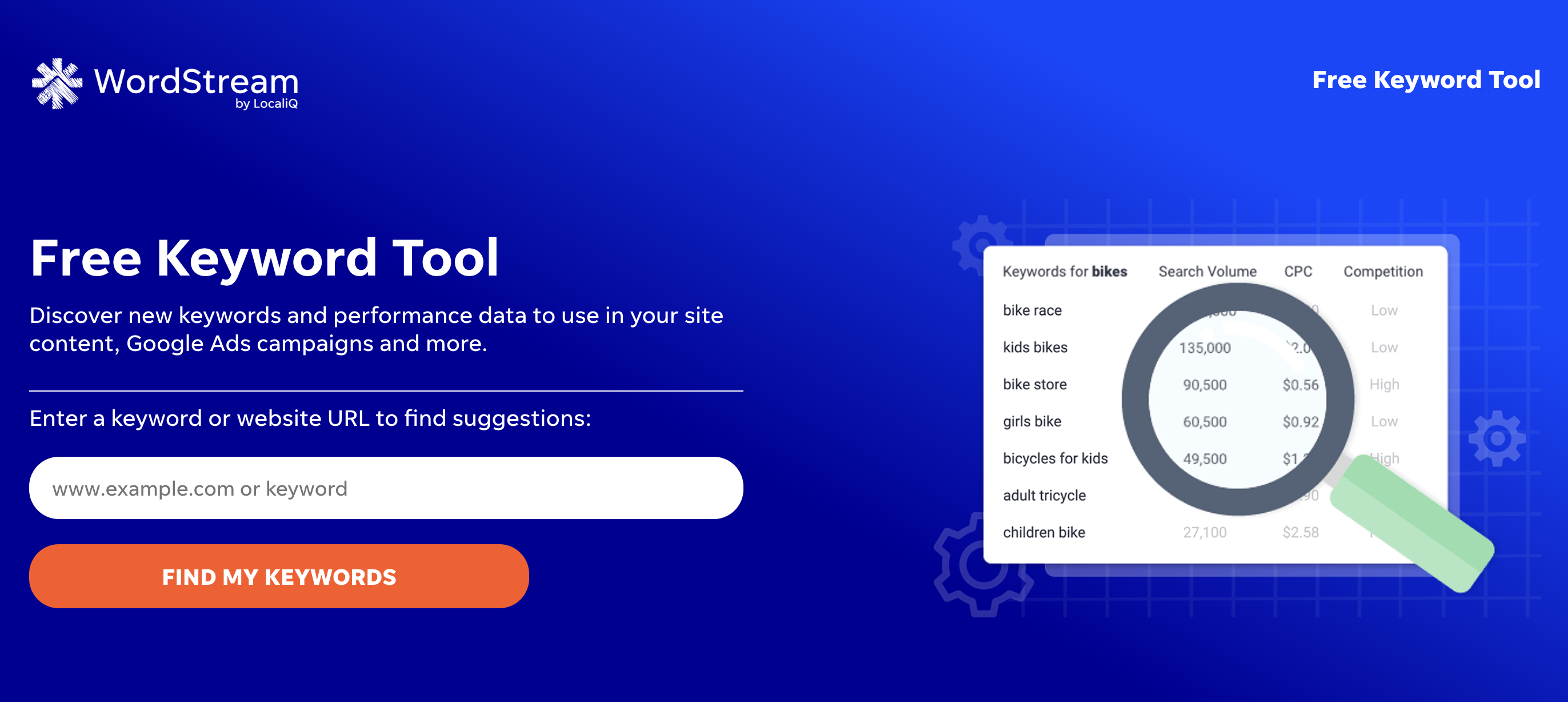
Key Features:
- Keyword suggestions and search volume.
- Easy to use.
Best For: Quick keyword ideas.
12. Keyword Surfer
This Chrome extension shows keyword data directly in Google search results.
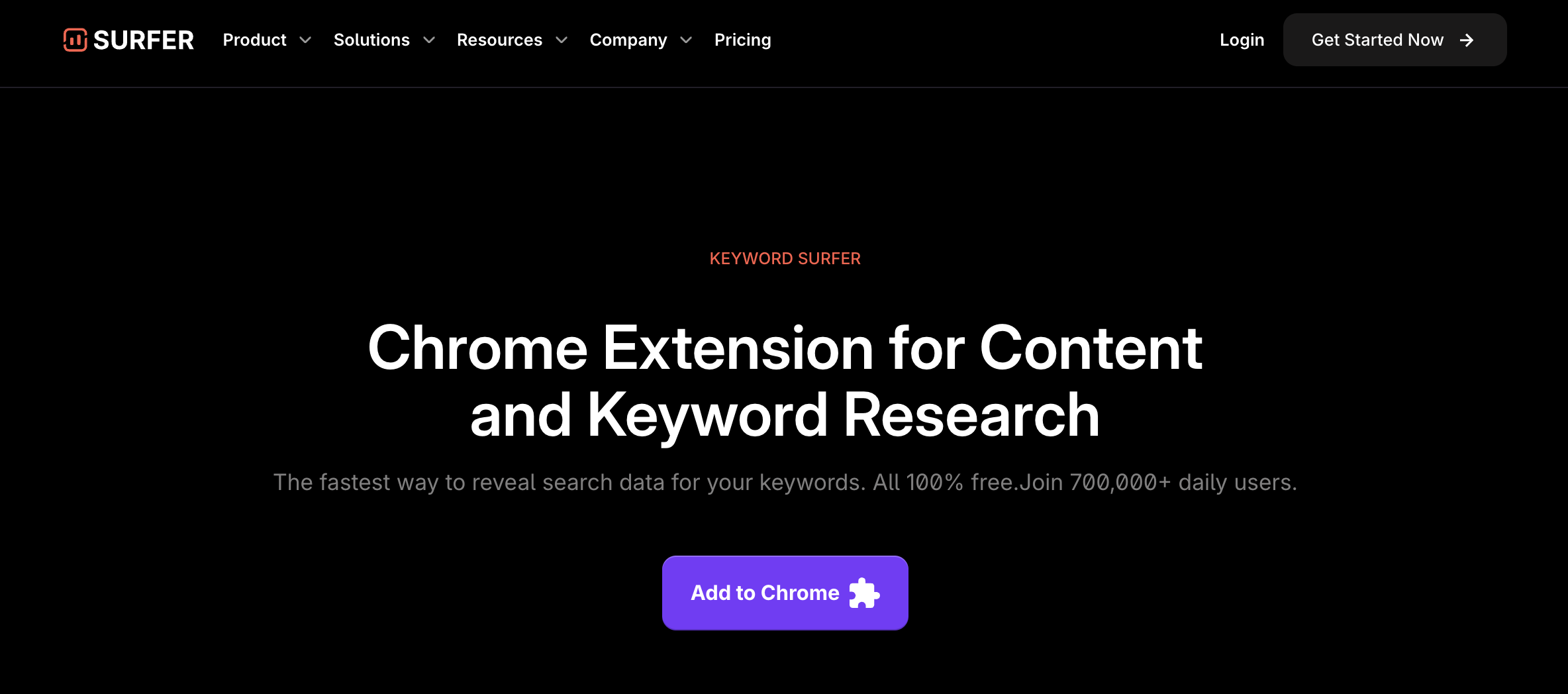
Key Features:
- Search volume and related keywords.
- Free and easy to use.
Best For: On-the-spot keyword research.
13. QuestionDB
QuestionDB helps you find questions people are asking online.
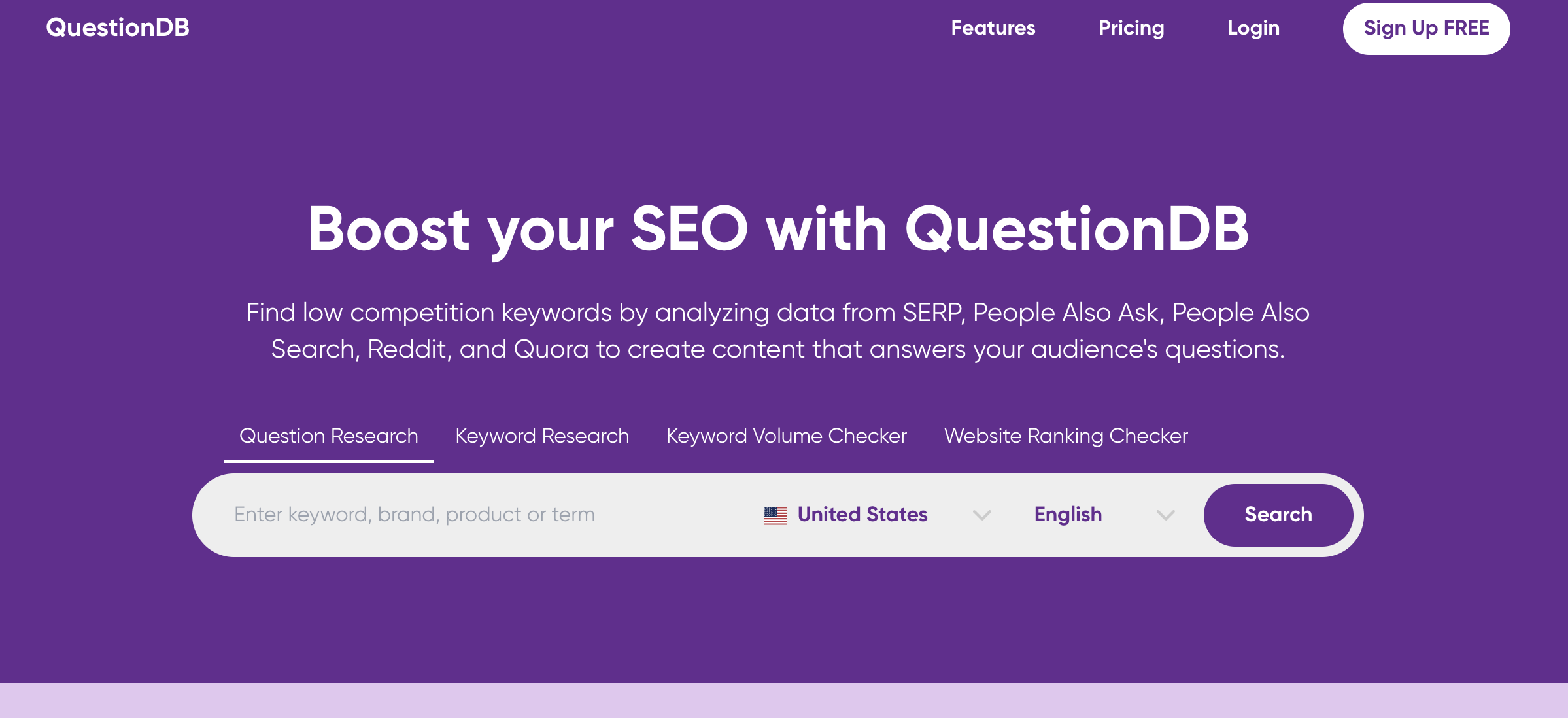
Key Features:
- Thousands of question-based keywords.
- Great for FAQ-style content.
Best For: Content creators and bloggers.
14. Keyword Sheeter
This tool generates thousands of keyword ideas in seconds.
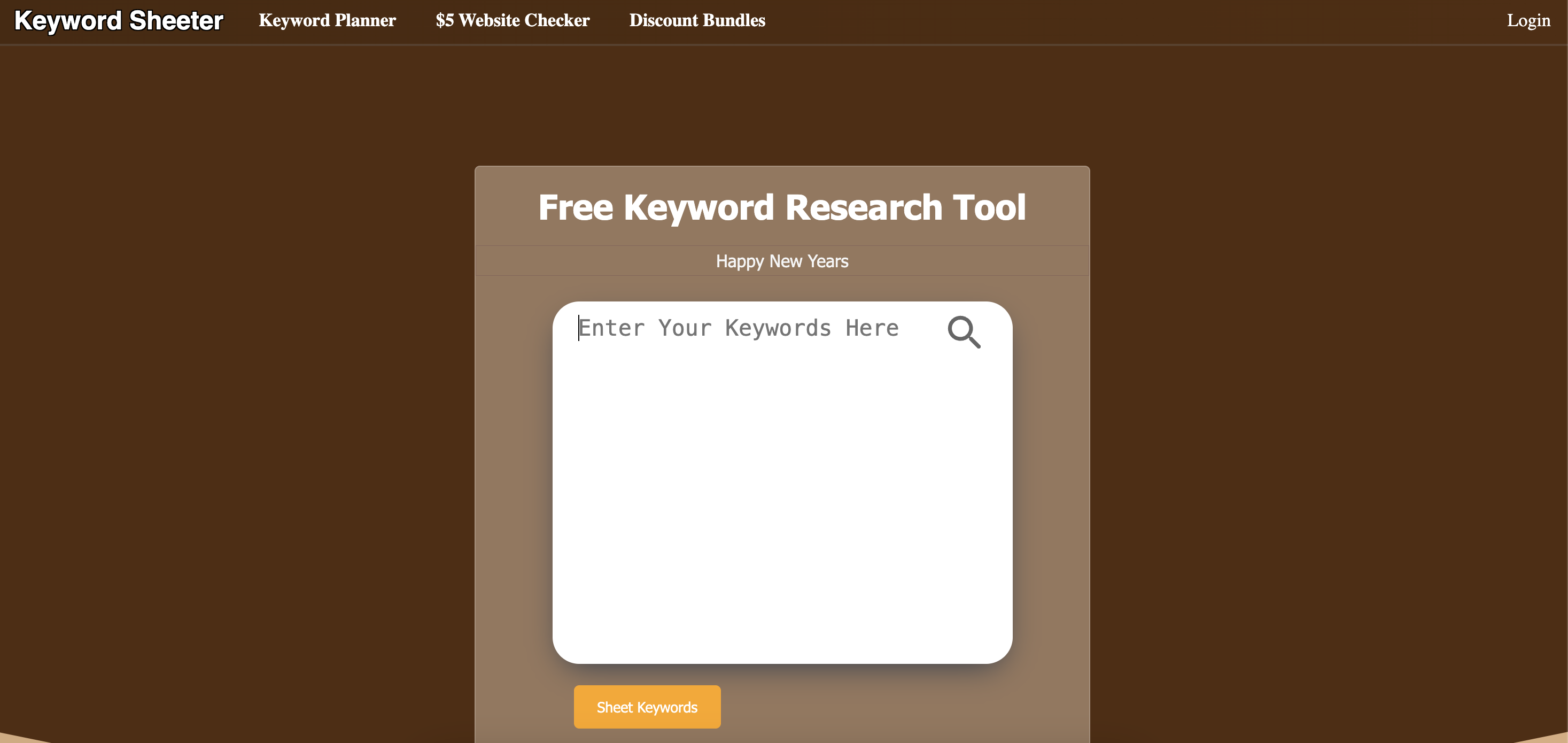
Key Features:
- Fast and efficient.
- Great for brainstorming.
Best For: Bulk keyword research.
15. SERPStat
SERPStat offers a free plan with limited features but powerful insights.
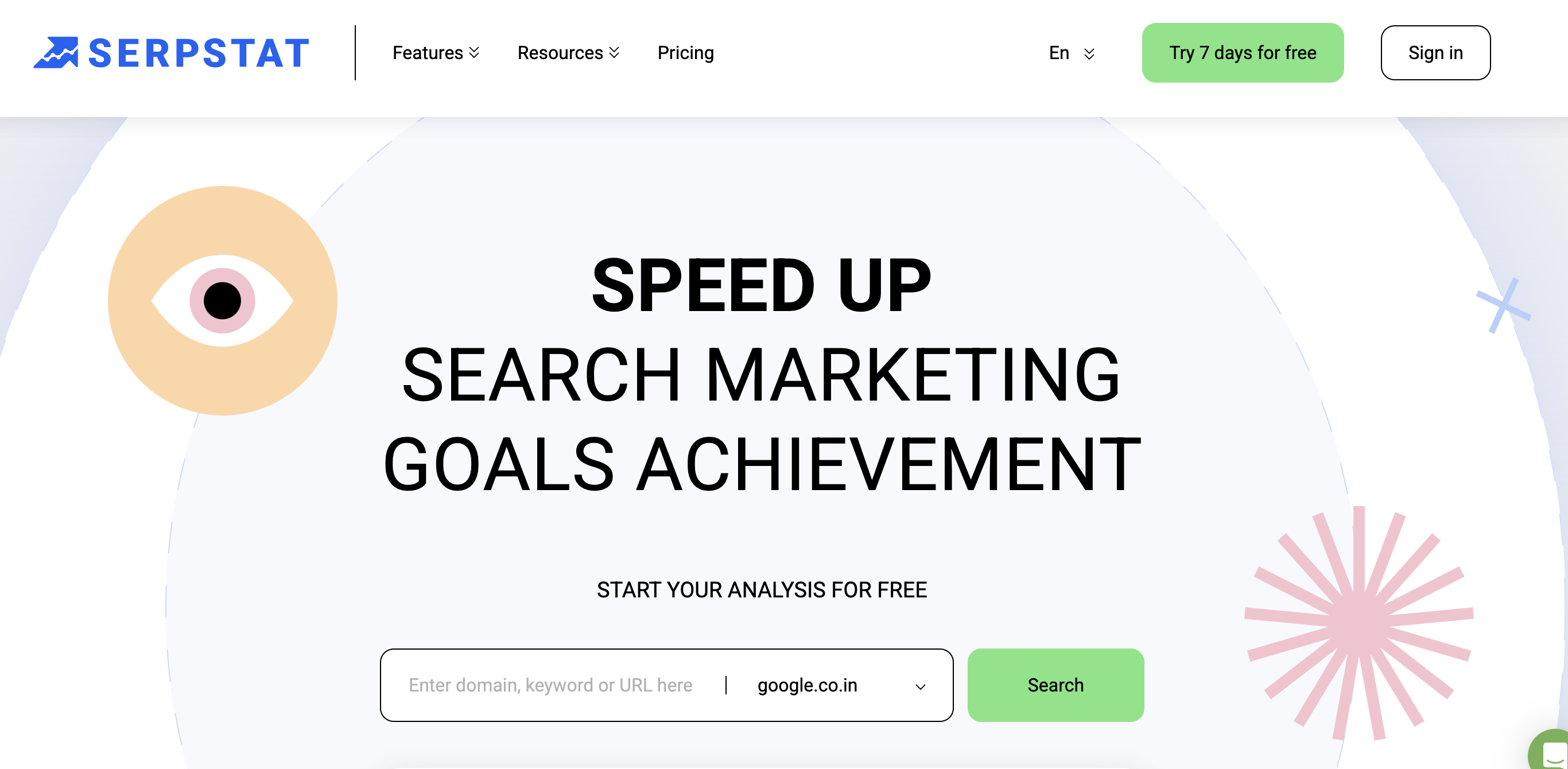
Key Features:
- Keyword research and clustering.
- Competitor analysis.
Best For: Users looking for a budget-friendly alternative to premium tools.
How to Choose the Right Tool for Your Needs
With so many options, it can be overwhelming to pick the right tool. Here’s a quick guide:
- For Beginners: Start with Google Keyword Planner and Ubersuggest.
- For Content Creators: Use AnswerThePublic and QuestionDB for long-tail keywords.
- For Competitor Analysis: Try SEMrush (Free Version) or Searchlens.
- For Quick Ideas: Use Soovle or Keyword Surfer.
Final Thoughts
Keyword research doesn’t have to be complicated or expensive. With the right tools, you can uncover valuable insights that drive traffic and grow your website. My personal favorite is Searchlens—it’s intuitive, powerful, and perfect for all skill levels.
Remember, the key to successful keyword research is consistency. Experiment with different tools, track your results, and refine your strategy over time.